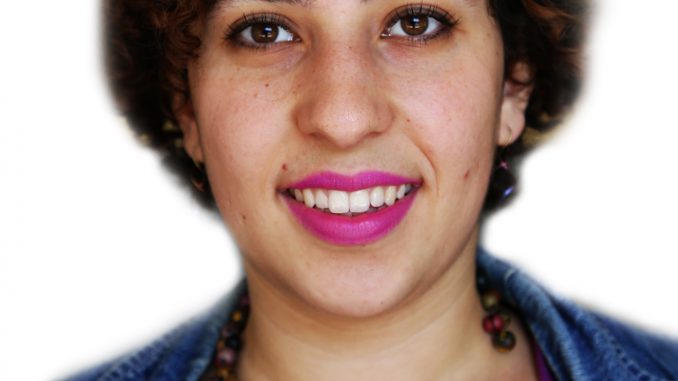
 In June, the Seattle City Council unanimously passed a resolution to raise its minimum wage to $15 an hour. This is more than double Pennsylvania’s $7.25, and it seems huge by comparison.
In June, the Seattle City Council unanimously passed a resolution to raise its minimum wage to $15 an hour. This is more than double Pennsylvania’s $7.25, and it seems huge by comparison.
But a person who works full time at $15 an hour would make about $31,200 per year before taxes, which is still well under the national median household income of $51,017, according to the 2012 census.
Five months before the resolution passed, Seattle elected Kshama Sawant, third party candidate and open socialist, to city council. Sawant, an economics professor at Seattle University and Seattle Central Community College, was involved with the Occupy movement and campaigned on the promise to fight for the $15 an hour minimum wage.
Sawant’s platform eventually became the 15 Now campaign, which has been catching on in many cities nationwide – including Philadelphia.
The campaign’s goal is “to empower working people and activate them into fighting movement,” asserting that “people organizing from below can challenge the 1 percent’s domination of economic and political system[s] and change the balance of power in our society,” according to its website.
In March, I joined the Philadelphia chapter of 15 Now in an action for International Women’s Day. Activists, workers and supporters all met at 10th and Market streets.
We held up signs, gave out flyers, got petition signatures and talked to people passing by. We split up into groups and marched into various workplaces in the area that pay low wages, including Burger King, McDonald’s and CVS to deliver messages about why women specifically need a raise.
The 15 Now website states, “Low-wage jobs are disproportionately held by people of color, women and immigrants so the fight for 15 is also a question of racial, gender and social equality.”
One Temple student who attended, Anna Barnett, agrees.
“Women are overrepresented in low-wage work. I think we need to reevaluate what we consider women’s issues,” the sophomore undeclared major said.
15 Now activists in Philadelphia have already collected more than 2,000 signatures on their petition from all corners of the city and received the support of city councilperson Jannie Blackwell, who represents a large part of West Philadelphia and University City.
Blackwell signed an endorsement letter for the cause, which said, “We fight for working class people because we are working class people. A raise in the minimum wage to at least $15 an hour will create new jobs and empower us to transform our city and our lives for the better.”
The councilwoman promised in the same letter that she would attend and “publicly endorse” at least one West Philadelphia rally, connect activists with City Council members and organize a council-wide information session about 15 Now.
Seattle raised its minimum wage from $9.19 an hour to $15, meaning that for every hour on the job, $5.81 more is going into the pockets of each worker. Instead of being deposited into the bank accounts of wealthy CEOs and big business owners, this money will now be used to pay for the rent, bills, child care and groceries of the Seattle working class.
What would a change like this mean for Philadelphians, who work for a meager minimum wage of $7.25 an hour? Another student and 15 Now activist, Andrew Mattei, thinks a higher minimum wage would better the lives of many.
“[It would] allow you to have time for family, to devote yourself to your children, to enjoy life and not be at work all the time,” the sophomore psychology major said.
“We call it a living wage to emphasize that this is what is needed in order for people to actually live and to not just survive.”
Sawant does not credit herself for convincing the other eight members of Seattle’s city council to support such a bold raise for the poor. She told Democracy Now! she owes the resolution’s success to the tens of thousands of activists and residents who signed petitions, made phone calls, came out to protests and otherwise put pressure on elected officials.
“The moral of the story is we won a huge victory for the working class. But if we want to fight against corporations, then the only way to do it is to build mass movements,” she said in an interview for the show.
“Every gain that we can get has to be wrenched from the hands of the ruling elite, from the corporate politicians, and the businesses that they represent,” she added.
In Philadelphia, a city that struggles with poverty, the fight will perhaps be even harder.
Sarah Griskin can be reached at sarah.giskin@temple.edu and on twitter at: @SarahBGisky.



Be the first to comment